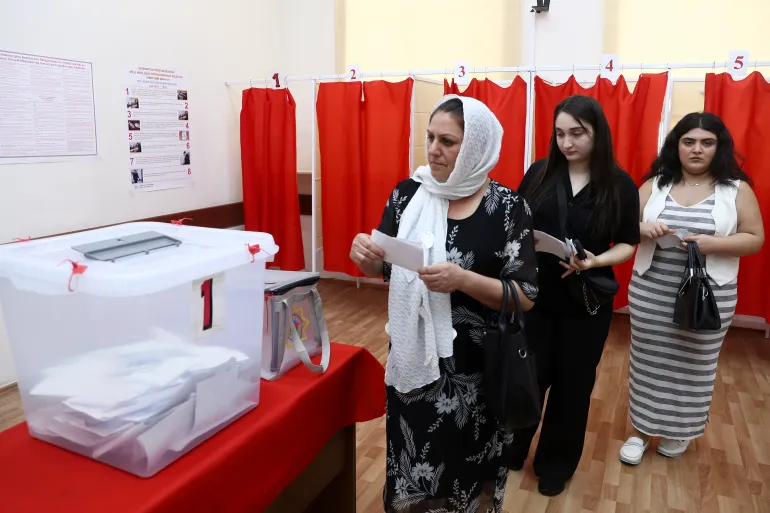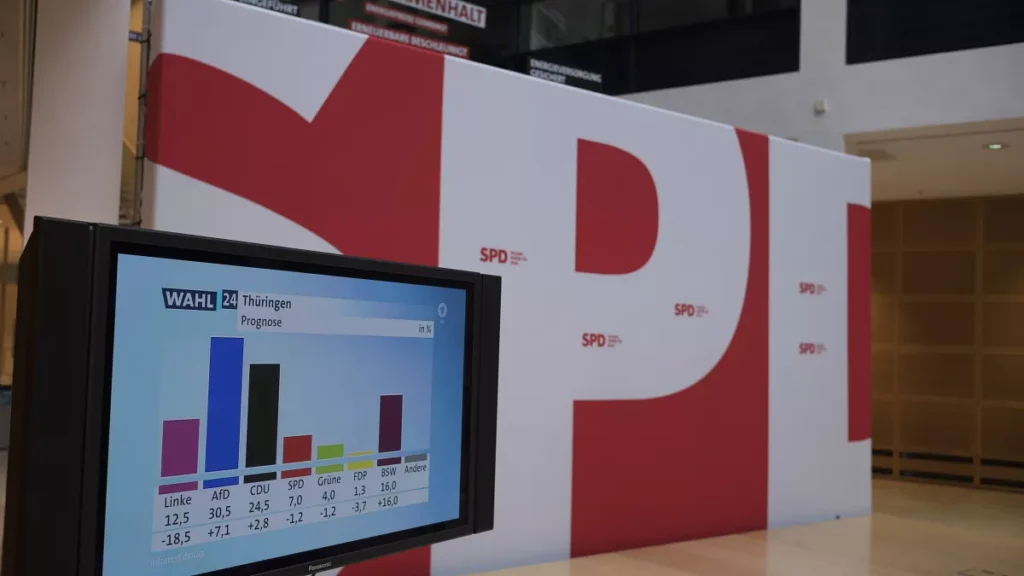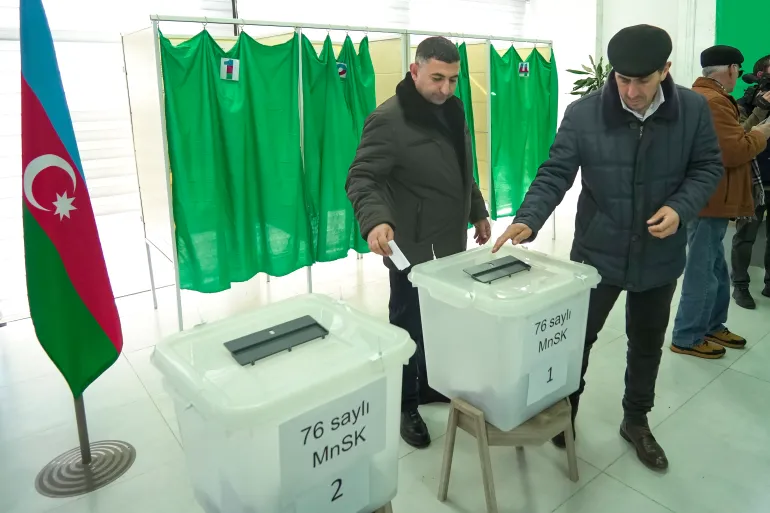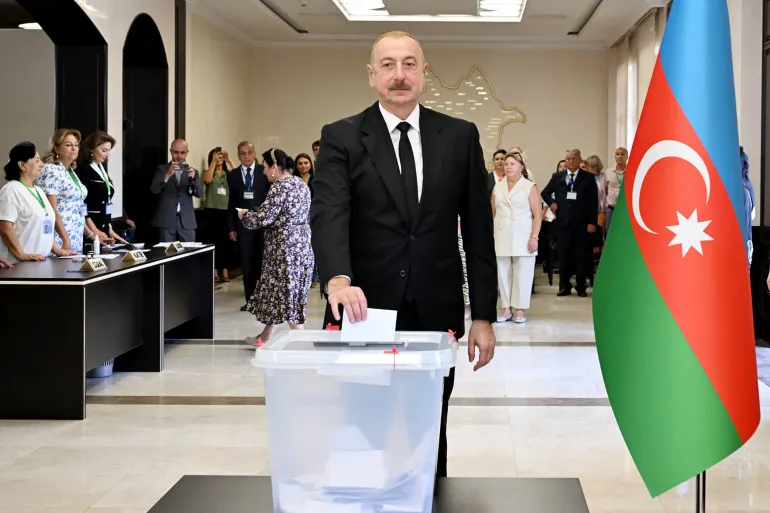Azerbaijan recently witnessed a dramatic political development as the country held snap parliamentary elections, resulting in a narrow victory for the ruling New Azerbaijan Party led by President Ilham Aliyev. The election, held on Sunday from 8 am to 7 pm local time, is a pivotal moment in the country’s political landscape, signifying both continuity and change.
Election Overview and Results
According to an exit poll conducted by Oracle Advisory Group, the New Azerbaijan Party is projected to win 63 out of 125 seats in Azerbaijan’s National Assembly, the Milli Mejlis. This is less than the 69 seats the party secured in the outgoing parliament. Despite this reduction, the New Azerbaijan Party remains in a dominant position, retaining control of the majority of seats.

Over 6.4 million registered voters participated in the election process. For the first time in three decades, voting took place in Nagorno-Karabakh, a region that was under the control of ethnic Armenian forces until last year. This inclusion reflects Azerbaijan’s changing political landscape and the recent military achievements of the Azerbaijani military.
Historical and political context
Azerbaijan’s political history has been marked by significant developments over the past few decades. Since gaining independence from the Soviet Union, the country has experienced various political changes. President Ilham Aliyev, who took office in 2003 after the death of his father Heydar Aliyev, has been a central figure in Azerbaijan’s governance.
Under Ilham Aliyev’s leadership, Azerbaijan has experienced substantial economic growth, largely driven by its oil and natural gas exports. However, his administration has faced criticism for its hardline approach to governance and suppression of dissent. The New Azerbaijan Party, which has dominated the political landscape, has been accused of stifling political freedoms and limiting the scope for genuine political competition.

Significance of the snap election
The decision to call the snap election, moving the original date from November, was influenced by the upcoming UN climate talks, COP29, which Baku will host. This strategic move has been seen by some as a way for Aliyev’s administration to consolidate its power and manage the political landscape ahead of the international event.
This election was also notable for the inclusion of Nagorno-Karabakh, a region that has been at the center of the conflict between Azerbaijan and Armenia. Last year, Azerbaijani forces conducted a successful military campaign to reclaim the region from ethnic Armenian control. This election marked a significant change as it was the first time in 30 years that residents of Nagorno-Karabakh participated in the national election process.

Opposition and political dynamics
The opposition landscape in Azerbaijan has been relatively fragmented. One of the major opposition formations, the Musavat Party, fielded 34 candidates, although only 25 were registered. Another notable opposition group, the Republican Alternative, fielded 12 candidates. Despite these efforts, the opposition has struggled to gain significant momentum against the well-established New Azerbaijan Party.
Elections in Azerbaijan are often criticized for their lack of transparency and fairness. Previous electoral contests have been marred by allegations of vote-rigging and other irregularities. As a result, the results of the current election are not expected to significantly change the political structure, which remains dominated by Aliyev’s party.

International observations and future implications
Azerbaijan’s Central Election Commission reported that 50 organizations were involved in monitoring the election. The Organization for Security and Cooperation in Europe (OSCE) had the largest observer contingent and is scheduled to conduct a preliminary assessment of the election. The presence of international observers is a key element in assessing the credibility and fairness of the electoral process.
Looking ahead, the ruling party’s modest victory could have several implications. On the one hand, this signals a shift in public sentiment, with some voters possibly expressing dissatisfaction with the dominance of the current administration. On the other hand, the New Azerbaijan Party’s continued majority suggests that significant policy changes or regime change are unlikely in the near future.
The outcome of this election will influence Azerbaijan’s political and economic trajectory in the years to come. The New Azerbaijan Party’s continued control means that the country’s policies, particularly those related to economic management and regional stability, are expected to remain consistent.
